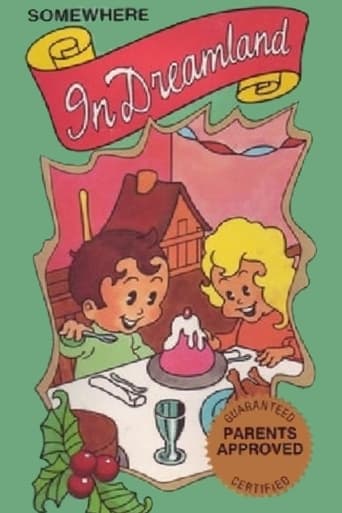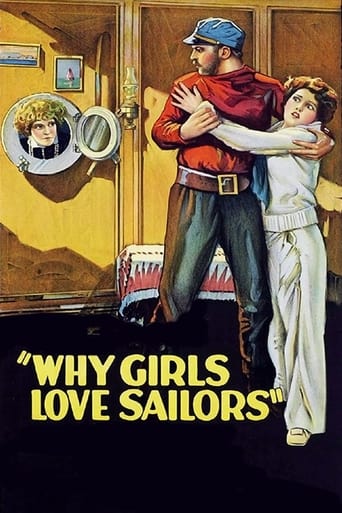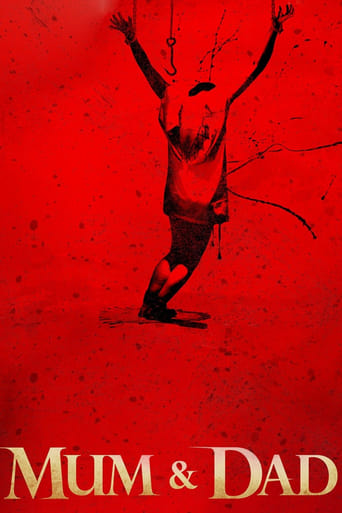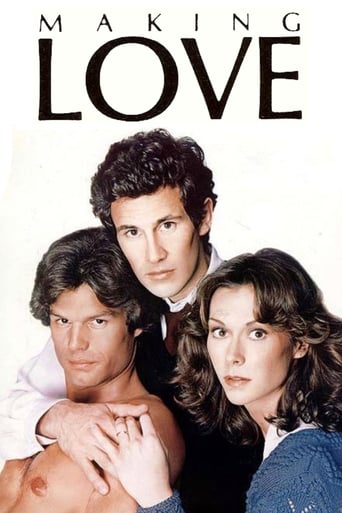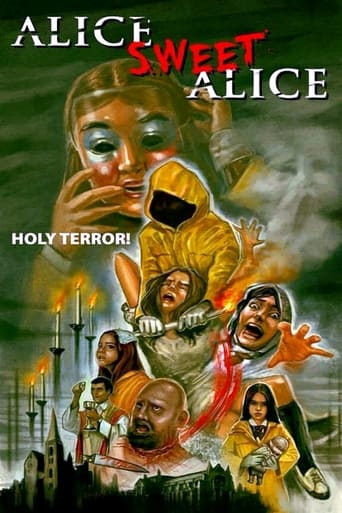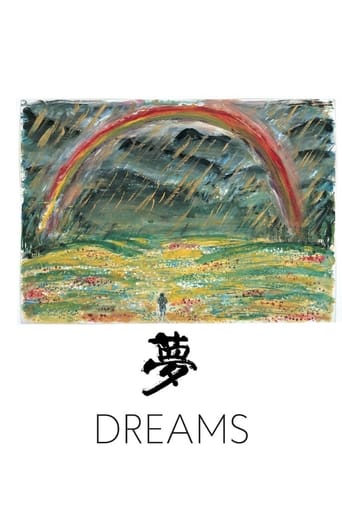


Dreams
A collection of magical tales based upon the actual dreams of director Akira Kurosawa.
-
- Cast:
- Akira Terao , Mitsuko Baisho , Toshie Negishi , Mieko Harada , Mitsunori Isaki , Yoshitaka Zushi , Hisashi Igawa


Similar titles
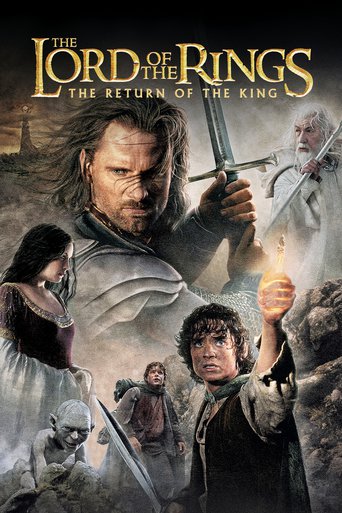
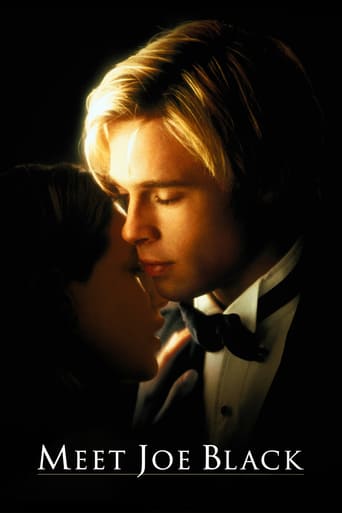
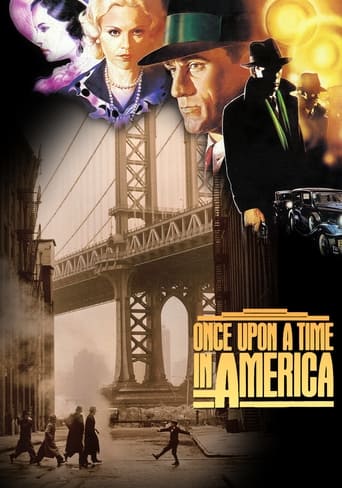
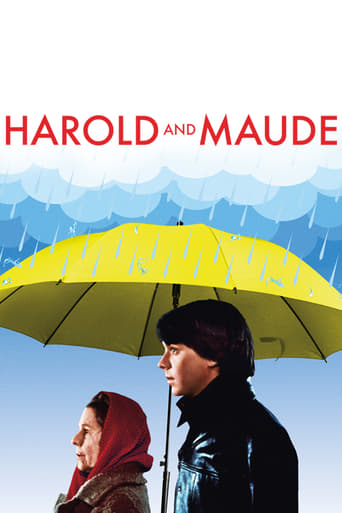

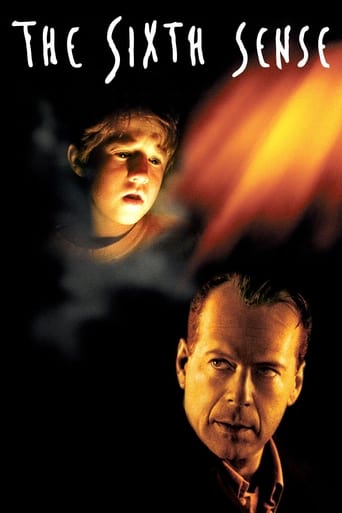
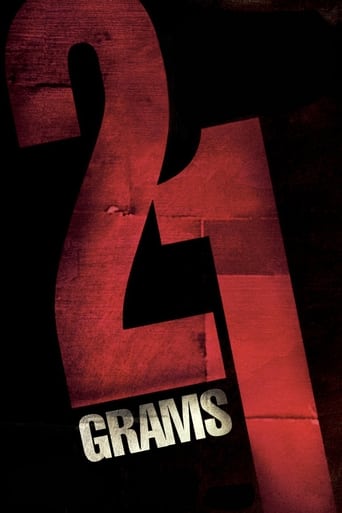
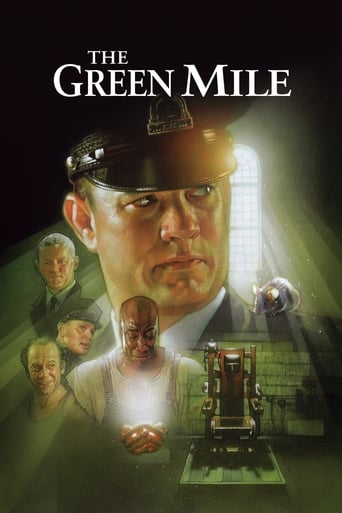


Reviews
I don't have all the words right now but this film is a work of art.
Although it has its amusing moments, in eneral the plot does not convince.
This story has more twists and turns than a second-rate soap opera.
It's funny, it's tense, it features two great performances from two actors and the director expertly creates a web of odd tension where you actually don't know what is happening for the majority of the run time.
Akira Kurosawa's Dreams is a melding of autobiography, zen philosophy, Noh drama, Japanese folklore, and modern anxieties about nuclear and ecological doom. It is a masterpiece by a genius director, and one of cinema's great studies in color (comparable only so far as I can think of to two much happier films, Renoir's French Cancan and Minelli's An American in Paris.) Some people have complained about the film's long periods of little or no action, an apparently simplistic morality, inaccurate science, non-realistic dance sequences, and obviously artificial special effects, not understanding that all these elements are quite deliberate stylistic features consciously employed to devastating effect by a master film maker in total control of his medium. If you don't understand this when you see it, keep watching it again and again until you do understand it. The Criterion DVD is of superb quality with a useful booklet about the film.
A mawkish critic would point out that filmmakers have been sharing their dreams with us since the dawn of cinema. Still, if the notion of access to the dreams of legendary director Akira Kurosawa doesn't leave you salivating, dreams are something you're probably sorely lacking in yourself. Kurosawa's treatise to his subconscious is indubitably a curiosity - more personal, whimsical, and freeform than his average fare - but there's more lurking beneath the surface than the dazzling array of disconnected, surrealist vignettes first impression yields, making his work here a fascinating hidden gem to discover for Kurosawa aficionados and the uninitiated alike.Dreams is thoroughly Japanese, anchored heavily on the disjuncture between ancient mythology and modern sensibilities that colours much of Kurosawa's later work (the fact that it's reminiscent of the rhythm and beautiful inconclusiveness of author Haruki Murakami as well strikes me as hardly a coincidence). Still, Kurosawa's lavish colour palettes, already pushed to the limit in Ran, are in jaw-dropping full bloom here, conjuring up images - a forest kabuki performance of ominous fox-men; a peach blossom dance by spirits in gorgeous ceremonial garb - that are so staggeringly beautiful they almost defy belief. In the film's most memorable vignette, "Crows," Kurosawa's placeholder protagonist literally wanders into a 3D Vincent Van Gogh painting, rough brush strokes, sweeping textures and all (and complete with a delightfully gruff performance by Martin Scorsese as Van Gogh, in a stunning coup of artistic metatextuality). Kurosawa seamlessly blends practical sets, costumes, and makeup with the subtlest dash of CGI touch-ups by George Lucas' Industrial Light and Magic (a fitting pay-it-forward after Lucas took the inspiration for Star Wars from Kurosawa's Hidden Fortress). The effect is stunning - a hazy blurring between the real and fantasy, unforgettable and elusive, that perfectly captures the immateriality of a dream.Is there any structure to this gossamer array of gorgeous surreality? Debatable. Kurosawa's array of stories are too cheerfully disarming to play as pretentious, or their perennially enigmatic inconclusiveness to frustrate - dreams, after all, seldom make sense or wrap up neatly. There are rough themes that crop up throughout - environmentalism, anti-war, and the large and the conflation between killing humans and the environment - and greater connections can be forged by those fuelled with more biographical knowledge of Kurosawa's life. Still, Kurosawa is anything but dogmatic here. A couple of vignettes are more pointed with their social commentary, but usually seasoned with whiffs of cheeky humour to take the sting out - an apocalyptic nuclear meltdown in "Mt. Fuji in red" becomes a bombastically melodramatic 'Japanese-monster-movie-sans-monster;' while the grotesque, hellish purgatory of "The Weeping Demon" takes on an absurdist, Beckett-style satirical bent (three and two-horned demons feast on the lowly one-horned demons - even the afterlife has a pecking order of malevolence). Some of the vignettes are genuinely haunting - a mother reproachfully sending her son to his death after spying on a fox-spirit ceremony in "Sunshine in the Rain;" a hiker succumbing to the seductive oblivion of freezing to death in "The Blizzard;" and, most poignantly, in "The Tunnel," a wandering sergeant is badgered by an army of sickly spectres his tactical errors consigned to death. Still, in "Village of the Watermills," Kurosawa's dreams are granted an ending which, while not outright happy, is certainly the most uplifting form of bittersweet, with tension between traditional Japanese and Mardis Gras influences lending sombre themes a playful hope. Kurosawa's Dreams may not provide the answers viewers may lust for, but ultimately serve to answer larger questions viewers may not have even known they were asking, validating life even without explicitly articulated purpose. As artistic cinematic experiment, Kurosawa's Dreams may excel primarily aesthetically, but imagery so stunning makes it well worth its vague sense of unrequitedness. It's well worth going in with an open mind and welcome heart, and allowing yourself to be touched by the exquisite visions of a master at his most whimsical, but aesthetically unforgettable. Kurosawa's work here, while too slight to rank among his masterpieces, is still nothing short of (you guessed it) a dream come true. -8/10
Do you ever wake up from a dream and think to yourself, "Whoa, that could be a movie". Perhaps this is exactly what the director of Dreams thought to himself. Dreams is a film directed by Japanese filmmaker Akira Kurosawa in 1990. This film is an extremely artistic and interesting portrayal of a compelling perspective of the relationship between human and the environment. Just like in actual dreams, things aren't necessarily always realistic. This approach works well for the film because it creates the illusion that you are stepping into Kurosawa's mind and dreams. It is an extremely organized film made up of eight short films. Each one is like an episode to represent a different dream of Kurosawa. On the surface, these dreams might seem senseless, bizarre, or even creepy. But on a deeper level, the dreams are elaborately portrayed to signify a message to the audience about the environment; a warning. Here is a little about why Dreams deserves four stars First of all, the sound and color set a different mood in every episode. The mood is important to create the illusion of a dream—and anything can happen in dreams! There are limited amounts of dialogue in the film. This makes conversations between characters valuable because they offer important knowledge to be able to understand the message Kurosawa is making. The sound in the film makes up for the lack of words. Sound plays an extremely important role in each of the episodes. It emphasizes certain actions and dramatizes important moments in the film. The sounds are deep and are effective in creating suspense. The instruments most likely used might include traditional stringed instruments including the erhu, pipa, and guzheng, and the dizi flutes. Color is also very important and while some episodes are dark and cool, others are saturated and bright. The elements of color and sounds work hand in hand to create a suspenseful mood in each episode. There is always a sense of suspense and curiosity throughout the film—mainly because the main character of each episode plays a very particularly curious role. Since there is no main plot that follows throughout the entire film, the viewer does not know what to expect. As the viewers, we follow the main character in their curiosity. Truly, this film is unlike anything you have seen before. To give you an idea of what each of the dreams is like, I'll describe two of them. The film begins with the first dream titled, Sunshine Through the Rain. This episode sets the mood for the rest of the film. A little boy disobeys his mother's orders and witnessed something that humans are not supposed to see. As the boy travels through the forest, he finds foxes performing their traditional wedding ceremony. The little boy watches extremely carefully—it makes the viewer feel on edge. The sound and color effectively help create this suspense. As he hides behind a thick redwood tree, the foxes continue their ceremony believing that nobody is watching them. But the viewer holds their breath every time the foxes come to an immediate halt when they hear a noise and feel they're being watched; but the boy successfully hides behind the tree once again. The boy manages to hide only a handful of times during the foxes' wedding procession before he is suddenly caught. And as the saying goes, "curiosity killed the cat!" On a deeper level, this is saying is exactly what Kurosawa's message is.Here, Kurosawa is arguing that although knowledge is important for human survival, nature is something that we shouldn't be disrupting. The disruption of nature can result in tragic consequences for humans. In the episode, the boy represents mankind. Essentially, all the boy did is look at the foxes. But Kurosawa is also saying that human presence in nature is enough to change it. Animals do not act the same when humans are around. Furthermore, the boy's curiosity manifests the recent human effort to conquer the environment and manipulate everything it has to offer for self-interest and personal gain. My favorite episode is titled, "The Tunnel". It opens up with a Japanese army commander walking through a dark tunnel. The mood continues to be suspenseful as the man is surprised by a furious dog barking angrily at him. As the episode continues, the man is then surprised by another army man—but this man is a dead. His face is painted completely and I must say, very frighteningly. The dead army man struggles to admit that he has died in combat. After a symbolic conversation with the commander, he is convinced that he must leave the real world and continue into the afterlife along with an enormous group of army men who were stuck in the same place too. Both of these dreams manifest a warning to mankind. The relationship we have with the environment is one we need to care for with great patience and respect. But as depicted in various of the dreams, man only continues to take steps closer to their death as we find new ways to ignore nature's warning and manipulate it to our advantage.
'Dreams' is a highly personal journey through the inner landscape of Kurosawa's mind. But it is also an oneiric reflection on Japan itself. True to the nature of dreams the movie is comprised of vignettes, most of which unconnected, a collection of threads of imagery that are stand alone and gain a greater sense of diversity when seen as a whole. This variety is deep and eccentric, it goes from traditional lore in the wedding of the Fox spirits to frightful scenes of nuclear disaster as Mount Fuji becomes a red cone without forgetting a gorgeous incursion into Van Gogh's vision.While artistically bold and faultless in the crafting of a dreamy mood this is not an escapist movie of pure fantasy. For there is always space of nightmares in the world of dreams. Collective phantoms that are very close to the Japanese identity reappear in novel and unpredictable ways. The horrors of the war are represented in a dead platoon that does not know of its own demise; the ever present dread of a nuclear holocaust mingles with the national icon of Fujiyama and provides ground for philosophical considerations through the narrative vehicle of folk traditions; ecological concerns in a society that is increasingly more dependent on technology are soothed by a bucolic alternative of a simpler life.Through the medium of strong impressive images Kurosawa interprets himself and his country to the world with stunning results. The movie is the culminating achievement of a master for if there ever was a masterpiece 'Dreams' is one.

